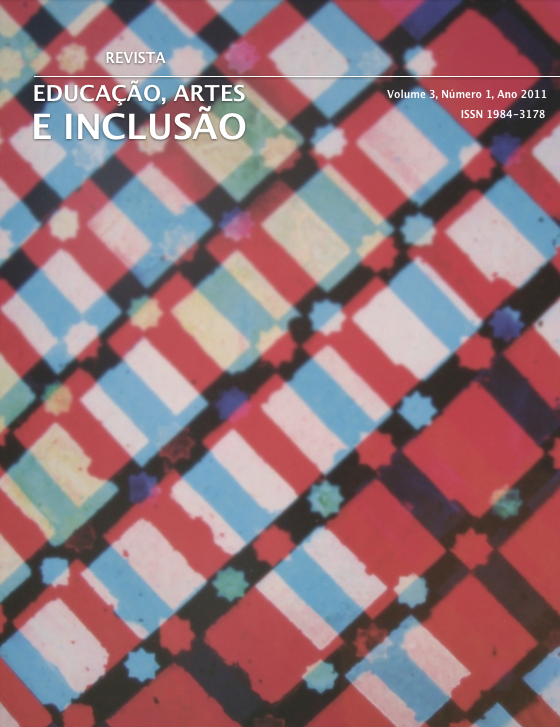EDUCACIÓN INCLUSIVA EN GÉNERO: APLICACIONES EN LA PRÁCTICA
Palabras clave:
Género, reflexionar, profesor, educación inclusivaResumen
Dos objetivos orientan este escrito, el primero, es sensibilizar al profesorado sobre educación inclusiva en género, y el segundo presentar prácticas de inclusión en género. La preocupación por el tema radica en que se considera que los sistemas de género actúan a modo de esquema transparente de las prácticas y conductas cotidianas. Estos son interiorizados por los sujetos, a través de procesos de socialización y educación, convirtiéndose a su vez en esquemas referenciales de comportamiento. De ahí que uno de los primeros retos que se plantean en educación es conseguir que los sujetos puedan visibilizar o/y reconocer conductas o actitudes discriminantes derivadas de patrones de género. Por ello, con este artículo queremos contribuir a mostrar algunas experiencias realizadas en España y Colombia en educación inclusiva en género, con el propósito de que puedan servir de referencia y estímulo para el profesorado interesado en diseñar y llevar a cabo prácticas educativas para fomentar una educación inclusiva desde la perspectiva de género. Previamente aportaremos algunas claves para reflexionar y valorar la importancia de incorporar la perspectiva de género en la tarea docente. En este sentido tres cuestiones nos sirven de referencia: ¿por qué plantearse la educación inclusiva en género?, ¿para qué? y ¿cómo llevarla a cabo?Descargas
Descargas
Publicado
Cómo citar
Número
Sección
Licencia
Declaración de Derecho de Autor
Los autores que publican en esta revista concuerdan con los siguientes términos:
(A) Autores mantiene los derechos de autor y concede a la revista el derecho de primera publicación, con el trabajo simultáneamente licenciado bajo la Licencia Creative Commons Attribution que permite el compartir el trabajo con reconocimiento de la autoría y publicación inicial en esta revista.
(B) Autores tienen autorización para asumir contratos adicionales por separado, para distribución no exclusiva de la versión del trabajo publicada en esta revista (por ejemplo, publicar en repositorio institucional o como capítulo de libro), con reconocimiento de autoría y publicación inicial en esta revista.
(C) Esta revista proporciona acceso público a todo su contenido, ya que esto permite una mayor visibilidad y alcance de los artículos y reseñas publicadas. Para obtener más información acerca de este enfoque, visite el Public Knowledge Project.
Esta revista tiene una licencia Creative Commons Attribution-NonCommercial 4.0 International. Esta licencia permite que otros remezclen, modifiquen y desarrollen su trabajo con fines no comerciales, y aunque los trabajos nuevos deben acreditarlo y no pueden usarse comercialmente, los usuarios no están obligados a licenciar estos trabajos derivados bajo los mismos términos.





